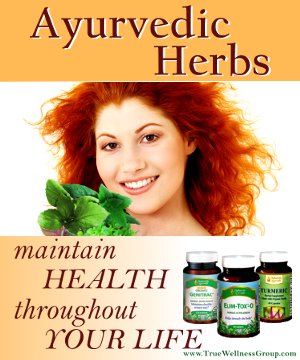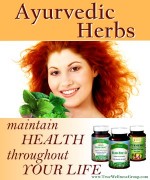In the past 5 years or so, we have seen a renewed interest in the sunshine vitamin because new data suggest benefits extending beyond bone health. Possibility of association of vitamin D deficiency has been described with cardiovascular disease, diabetes, cancer, pain, asthma, allergies, depression, multiple sclerosis, and even mortality. These reasons should be enough to convince us to add Vitamin D foods in our diet.
Rickets was first described in the 1600’s, as a disease of rich children (because they were getting less sunlight exposure than the poor). It was characterized by weak bones: bow-legs and bone pain. There is no question about the role of Vitamin D in bone health. Widespread use of cod liver oil and fortification of milk, foods containing vitamin D, led to the virtual disappearance of rickets in North America and Europe by the 1930’s.
Types of Vitamin D
Vitamin D comes in 2 forms: D2 or Ergocalciferol and D3 or Cholecalciferol
D3 is produced in the skin in response to sunlight (UV B radiation) or can be obtained from animal sources in the diet. D2 can only be acquired from a few plant sources.
Vitamin D Food sources: For vitamin D3 deep sea fatty fish, egg yolks, liver
Vitamin D Food sources: For vitamin D2 : rare sources in plants; primarily produced commercially by irradiation of yeast for fortification and supplementation
Foods containing both forms of vitamin D undergo identical metabolism. Both are converted to 25-hydroxyvitamin D in the liver and this 25(OH) D is used to measure vitamin D level in the lab. In the kidney, 25 (OH) D is further hydroxylated to 1, 25 (OH) D, which is biologically active form of vitamin D.
Vitamin D Deficiency and Diseases Research
1, 25 (OH) D has been well known to involve with calcium metabolism and bone health. The association between vitamin D insufficiency, sometimes defined as a level of 25 (OH) D below 30 ng/mL, and cardiovascular disease, diabetes, cancer, pain, asthma, allergies, depression, multiple sclerosis, and mortality is being intensely investigated. The most promising research is a National Institutes of Health funded clinical trial with 20,000 participants which started this year, and will last 5 years. This should help clarify the benefits and risks of vitamin D supplementation in our diet.
Vitamin D Dosage
Until the research results are in, it is perfectly reasonable to find out your vitamin D level. Include foods with vitamin D plus take 1000-2000 units of D3 as a supplement along with your fish oil and low dose Aspirin(if over 45 or as recommended by your doctor) to maintain your health and wellness.





Nice outline, but I’d add a caution for smokers/ex-smokers and those with a family history of pancreatic cancer. Some European studies have found high levels of Vitamin D (>45+ ng/dL)were associated with increased pancreatic cancer risk in smokers and former smokers.
Some researchers question this due to the favorable
effects for other forms of cancer, but why take the risk when most of the benefit can be captured in the 35-40 ng/dL range?
It’s like everything else, there’s a need for moderation and balance, not extremes.
Your recommended range of 1-2,000 units/day should be well within that range for most people, but blood tests are needed to confirm actual blood level.
Again, nice job.
I enjoy this weblog, wonderful content material and I am going to bookmark this website for future updates.
I have found d3 deficiency. can it be cured through ayurveda medicine
I don’t know of any Ayurvedic herb that offers D3. However, non-Ayurvedic dry sea-weed can offer you D3.
Hi vinod
I have d3 deficiency. It is 6ng/ml. Can you tell me which ayurvedic medicine you have taken to cure d3 deficiency?
/Gopinath